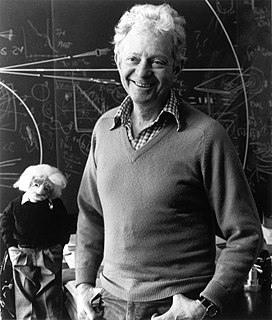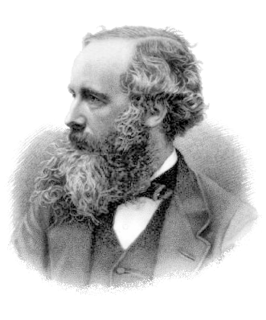A Quote by Pierre-Simon Laplace
All the effects of Nature are only the mathematical consequences of a small number of immutable laws.
Quote Topics
Related Quotes
Nature seems to take advantage of the simple mathematical representations of the symmetry laws. When one pauses to consider the elegance and the beautiful perfection of the mathematical reasoning involved and contrast it with the complex and far-reaching physical consequences, a deep sense of respect for the power of the symmetry laws never fails to develop.
Just and true liberty, equal and impartial liberty, in matters spiritual and temporal is a thing that all men are clearly entitled to by the eternal and immutable laws of God and nature, as well as by the laws of nations and all well-grounded and municipal laws, which must have their foundation in the former.
One might think this means that imaginary numbers are just a mathematical game having nothing to do with the real world. From the viewpoint of positivist philosophy, however, one cannot determine what is real. All one can do is find which mathematical models describe the universe we live in. It turns out that a mathematical model involving imaginary time predicts not only effects we have already observed but also effects we have not been able to measure yet nevertheless believe in for other reasons. So what is real and what is imaginary? Is the distinction just in our minds?
Laws, it is said, are for the protection of the people. It's unfortunate that there are no statistics on the number of lives that are clobbered yearly as a result of laws: outmoded laws; laws that found their way onto the books as a result of ignorance, hysteria or political haymaking; antilife laws; biased laws; laws that pretend that reality is fixed and nature is definable; laws that deny people the right to refuse protection. A survey such as that could keep a dozen dull sociologists out of mischief for months.
The nature of the economic system should be a matter for public choice, and free market capitalism should not be accepted without any discussion of the rich variety of alternatives ... Unlike civil laws, economic laws are imposed on people with all the authority of immutable laws of nature. But the economy is created by people, supported by government intervention, regulation, statute and subsidy, and implemented in such a way that it gives substantial wealth and power to a privileged few, while the majority face a life of relentless work, stress and periodic financial insecurity.
I believe there are an infinite number of laws of the universe and that all progress or dreams achieved come from operating in a way that's consistent with them. These laws and the principles of how to operate in harmony with them have always existed. We were given these laws by nature. Man didn't and can't make them up. He can only hope to understand them and use them to get what he wants.
Man is made for science; he reasons from effects to causes, and from causes to effects; but he does not always reason without error. In reasoning, therefore, from appearances which are particular, care must be taken how we generalize; we should be cautious not to attribute to nature, laws which may perhaps be only of our own invention.






































